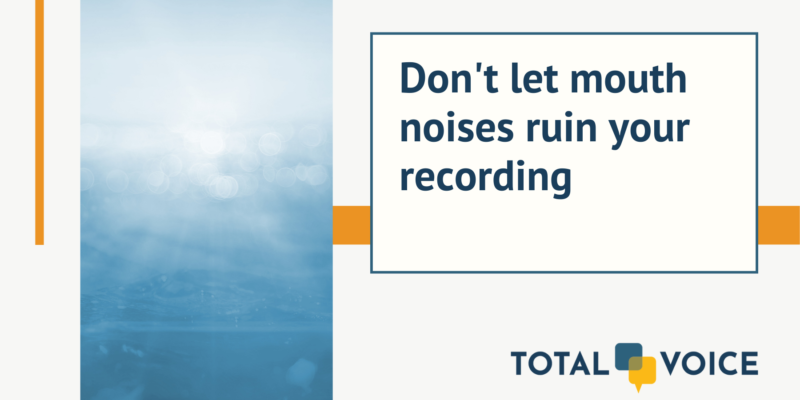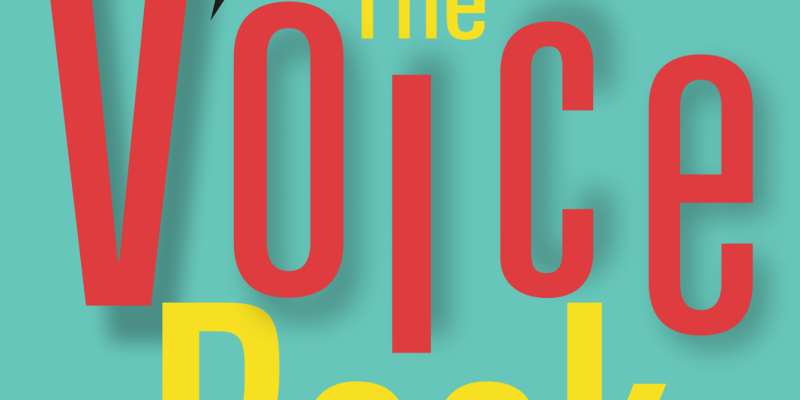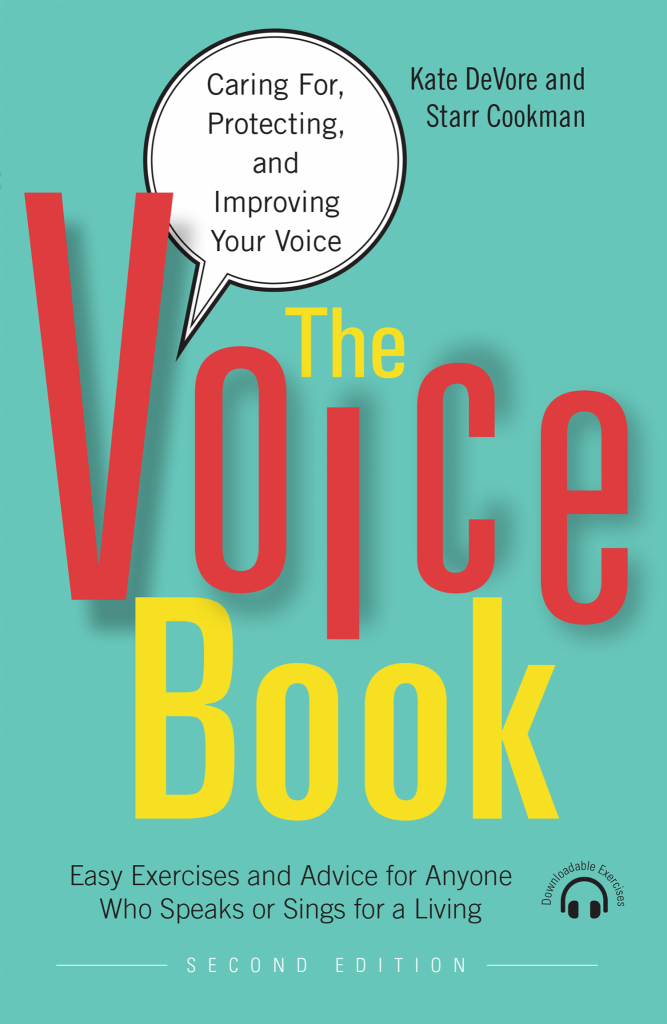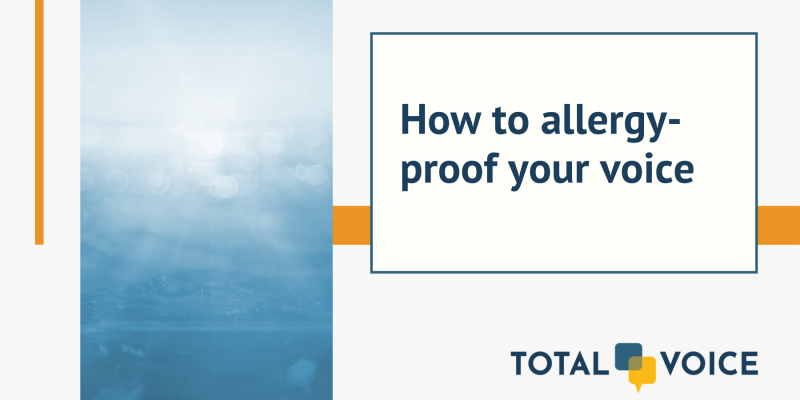Whether they are clicky, sticky or slurpy, mouth noises are a time-consuming pain for VO actors and anyone creating audio recordings. Depending on the nature of the recording, you either need to re-do it, edit out all those little sounds without affecting the speech, or foist the sounds on your listener.
Best just to avoid them in the first place.
continue reading






